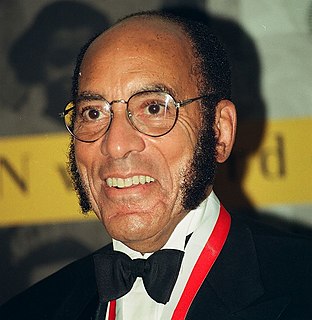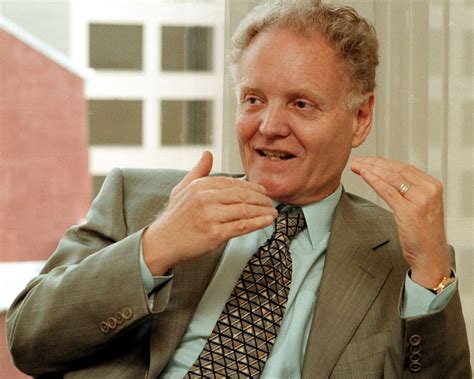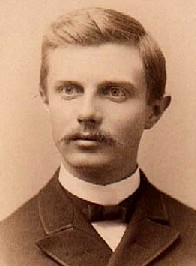A Quote by Herbert Gutman
Eight Hours For What We Will is a major contribution to modern American working-class history and to the history of a changing American popular and mass culture.
Related Quotes
There is nothing antithetical in American history, culture, or traditions to teamwork. Teams were important in America's history - wagon trains conquered the West, men working together on the assembly line in American industry conquered the world, a successful national strategy and a lot of teamwork put an American on the moon first (and thus fare, last). But American mythology extols only the individual...In America, halls of fame exist for almost every conceivable activity, but nowhere do Americans raise monuments in praise of teamwork.
The real invasion of South Vietnam which was directed largely against the rural society began directly in 1962 after many years of working through mercenaries and client groups. And that fact simply does not exist in official American history. There is no such event in American history as the attack on South Vietnam. That's gone. Of course, It is a part of real history. But it's not a part of official history.
When I did the Abyssinian mass, I went through the whole history of the church music and the gospel music, even with the Anglo American hymns, the Afro American hymns, the spirituals and how it developed, up to Thomas Dorsey and the Dixie Hummingbirds, going through the history of the music, jazz musicians.
































